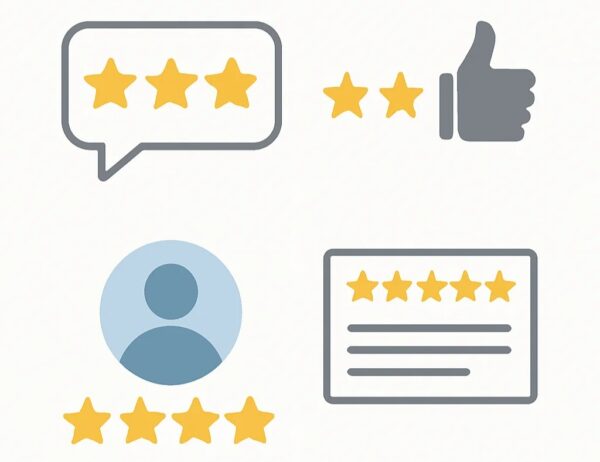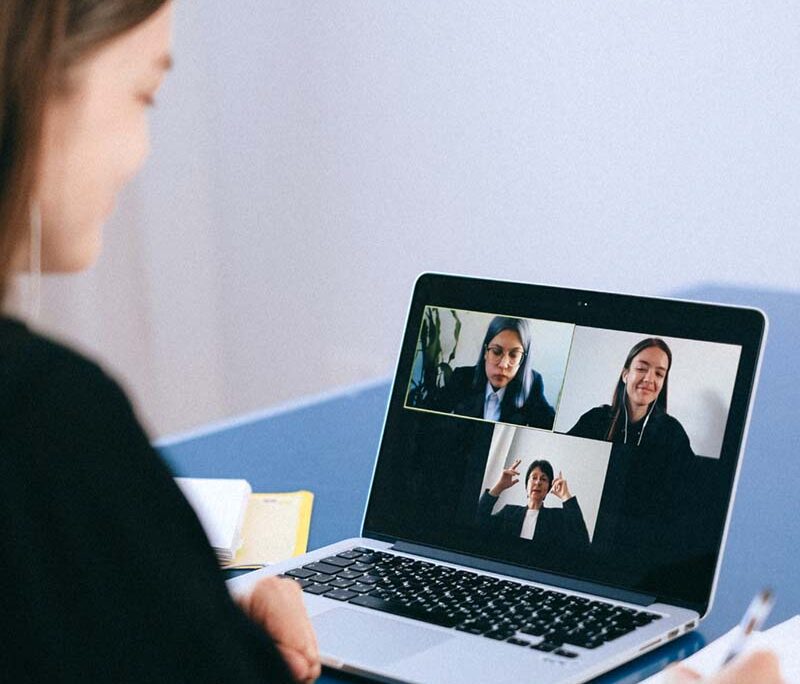
Das Protokoll richtig stellen: Was die “Digify Review Sites” falsch machen
Nicht alle Digify-Bewertungen enthalten die ganze Geschichte. Erfahren Sie die wahren Fakten über Digifys Preise, Sicherheit, Integrationen und Support - direkt von der Quelle.



